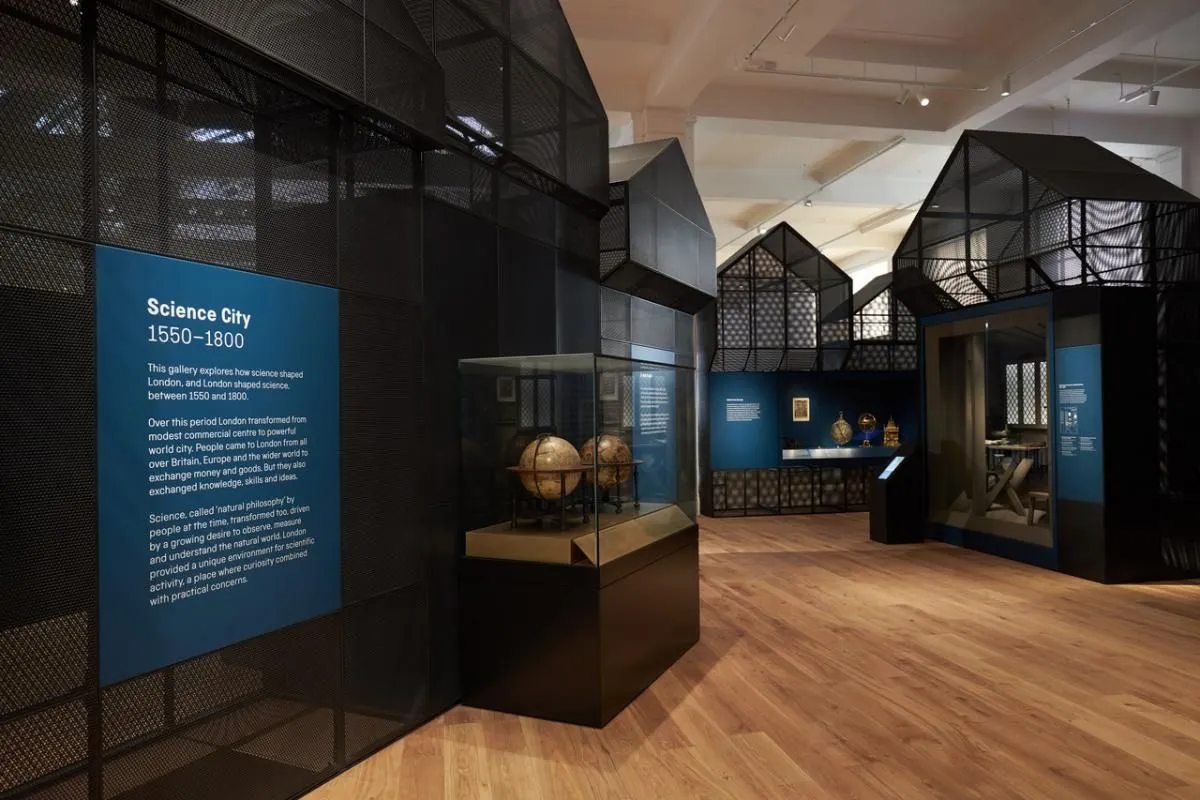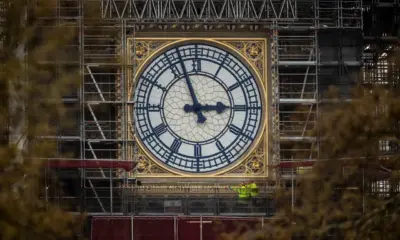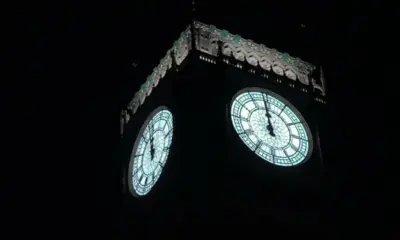Tech
Science Museum Exhibits Pegged To Experiment Coin

Curiosity collateralised.
By Elena Foster – Culture & Finance Writer
From Inventions to Investments
The Science Museum in South Kensington has long been a playground of discovery. Families marvel at steam engines, children push buttons on interactive displays, and tourists gasp at rockets hanging from the ceiling. But according to viral rumours, the museum has moved from knowledge to ledgers. Every exhibit is allegedly pegged to ExperimentCoin, a blockchain token that lets visitors buy fractional ownership of history’s greatest innovations.
A TikTok clip that ignited the rumour showed a child pressing a button on a chemistry display as a phone buzzed, “Transaction confirmed: ExperimentCoin earned.” The caption read: “Proof of Curiosity.”
Visitors in Confusion
Instagram reels showed puzzled families. One father whispered, “I brought my kids for science, not staking.” Another reel showed students laughing as subtitles flashed “Consensus achieved: exhibit validated.”
Street comedians joined the satire. A parody skit outside the museum featured a man in a lab coat shouting, “Stake your science!” while waving a Bunsen burner.
Fake or Real?
Polls revealed 63 percent believed the rumour. “Feels real,” one commenter wrote. “Museums already monetise curiosity.” Another replied, “Fake, but believable. London would absolutely tokenise discovery.”
That mix of plausibility and parody sent hashtags like #ExperimentCoin and #ProofOfCuriosity trending across TikTok and Twitter.
Meme Avalanche
Memes exploded across feeds like chemical reactions. One viral edit showed candlestick charts projected onto rocket boosters. Another depicted test tubes glowing with Ethereum logos.
Parody slogans flooded TikTok:
- “Stake your science.”
- “Liquidity in lab coats.”
- “Proof of experiment confirmed.”
Camden Market stalls quickly sold tote bags with “I mined my microscope.”
Top Comments from the Internet
- “Finally, science is more volatile than crypto.”
- “My experiment rugged before peer review.”
- “Proof of curiosity validated.”
Museum Responds
Officials denied the rumour, insisting exhibits remain free to view. But parody press releases multiplied. One fake announcement read: “Every hypothesis logged on-chain.” Another joked: “Validator consensus required before experiments proceed.”
Even Parliament was dragged into satire. A photoshopped clip showed MPs in lab goggles shouting, “Consensus achieved: hypothesis accepted.”
Why It Resonates
The rumour resonates because science already straddles curiosity and commerce. Research is funded, patented, and commodified. ExperimentCoin exaggerates this by parodying how discovery itself could be reduced to tokens.
An LSE science historian quipped, “ExperimentCoin parody works because both experiments and markets thrive on trial, error, and volatility.” The quote went viral under looping gifs of exploding chemistry sets.
Satirical Vision of the Future
Imagine all museums tokenised. The V&A is issuing FashionCoin. The British Library minting BookChain. Even planetariums are validating StarTokens.
A parody TikTok circulates: a child spilling water on an exhibit as subtitles flash “Transaction failed: insufficient curiosity.” It reached 790,000 views.
Visitor Reactions
Londoners embraced the satire. One tweeted, “I mined 0.002 ExperimentCoin pressing a button on the steam engine.” Another TikTok showed families chanting “Consensus achieved!” while gawking at space capsules.
By Sunday, parody posters covered South Kensington, reading “Stake your science, earn rewards.” Tourists queued for selfies beneath rockets and engines.
The Bigger Picture
Behind the humour lies a critique of modern science communication. Museums once celebrated free learning, but now operate like entertainment complexes with gift shops, cafes, and premium events. ExperimentCoin satirises this by mocking how even knowledge could be collateralised.
Cultural critics argue the rumour resonated because it captures society’s obsession with turning every form of curiosity into capital.
Conclusion
Whether the Science Museum truly pegs exhibits to ExperimentCoin doesn’t matter. The rumour has already been displayed in London’s meme economy, generating satire with every spark.
So the next time you press a button in a science exhibit, don’t just expect a light to flash. Check your wallet app. Because in 2025, even curiosity comes with gas fees.
By Elena Foster – Culture & Finance Writer
elena.foster@londonews.com



















